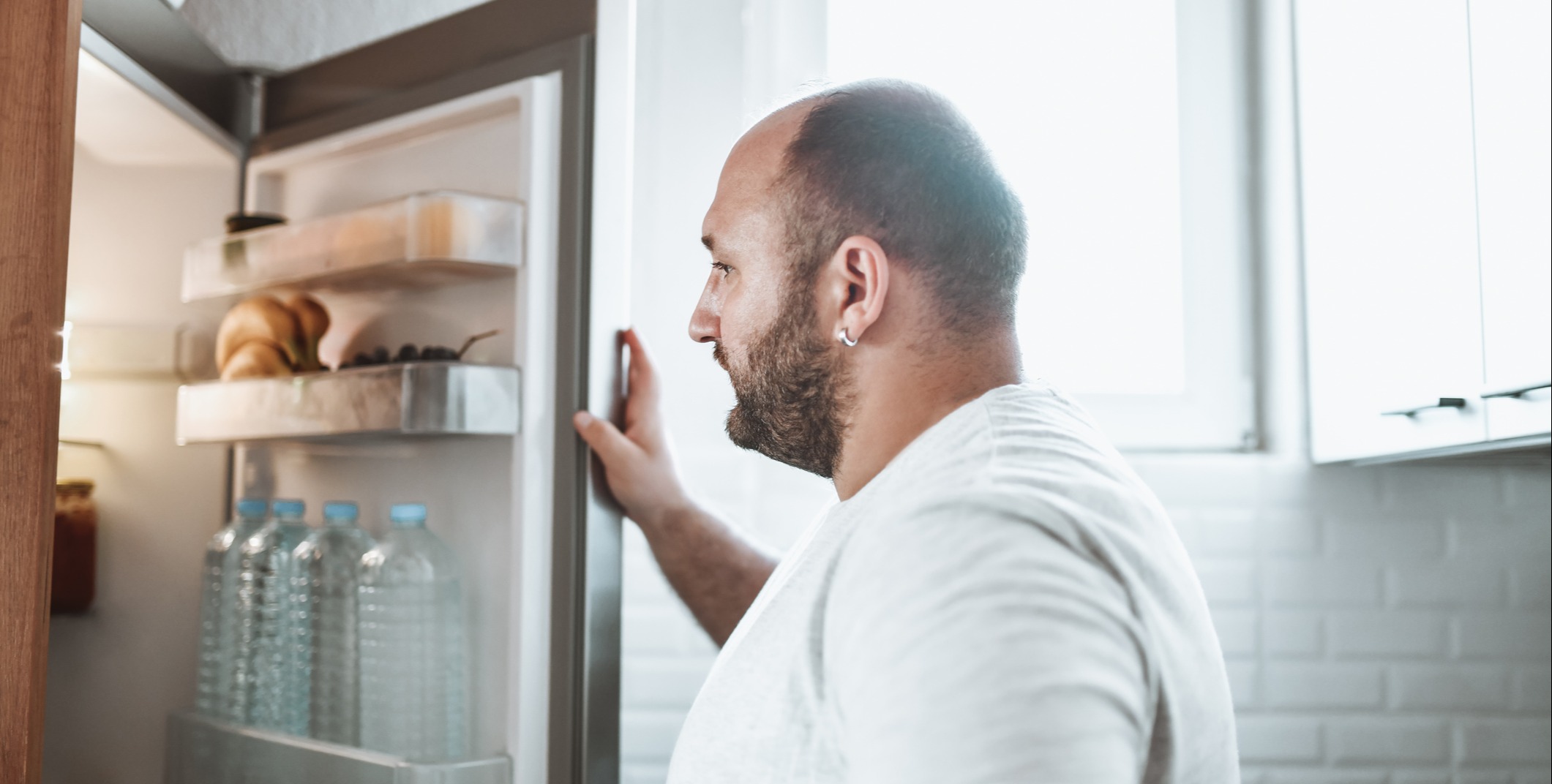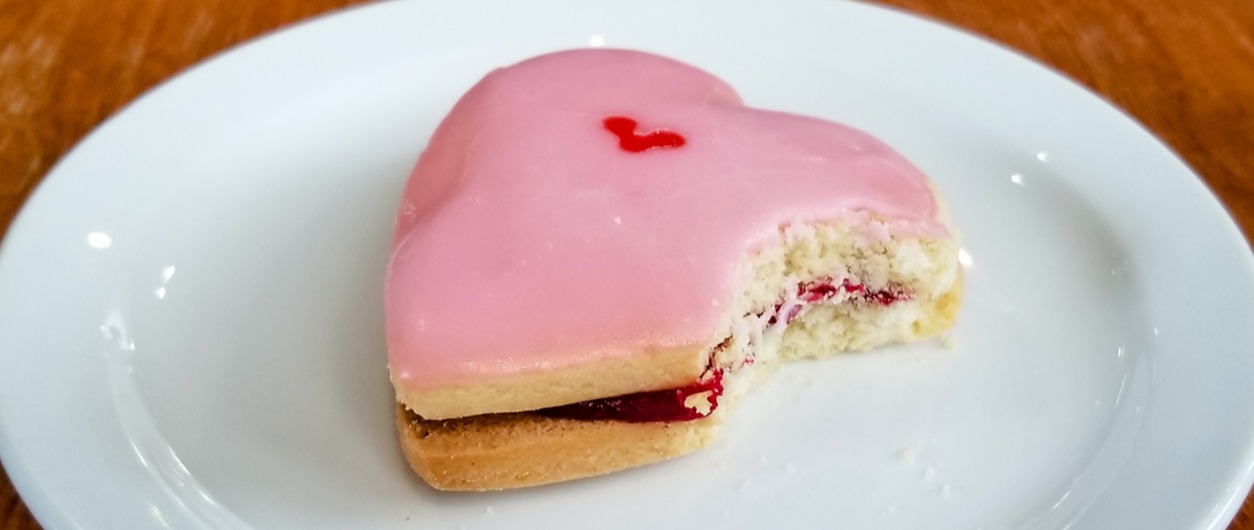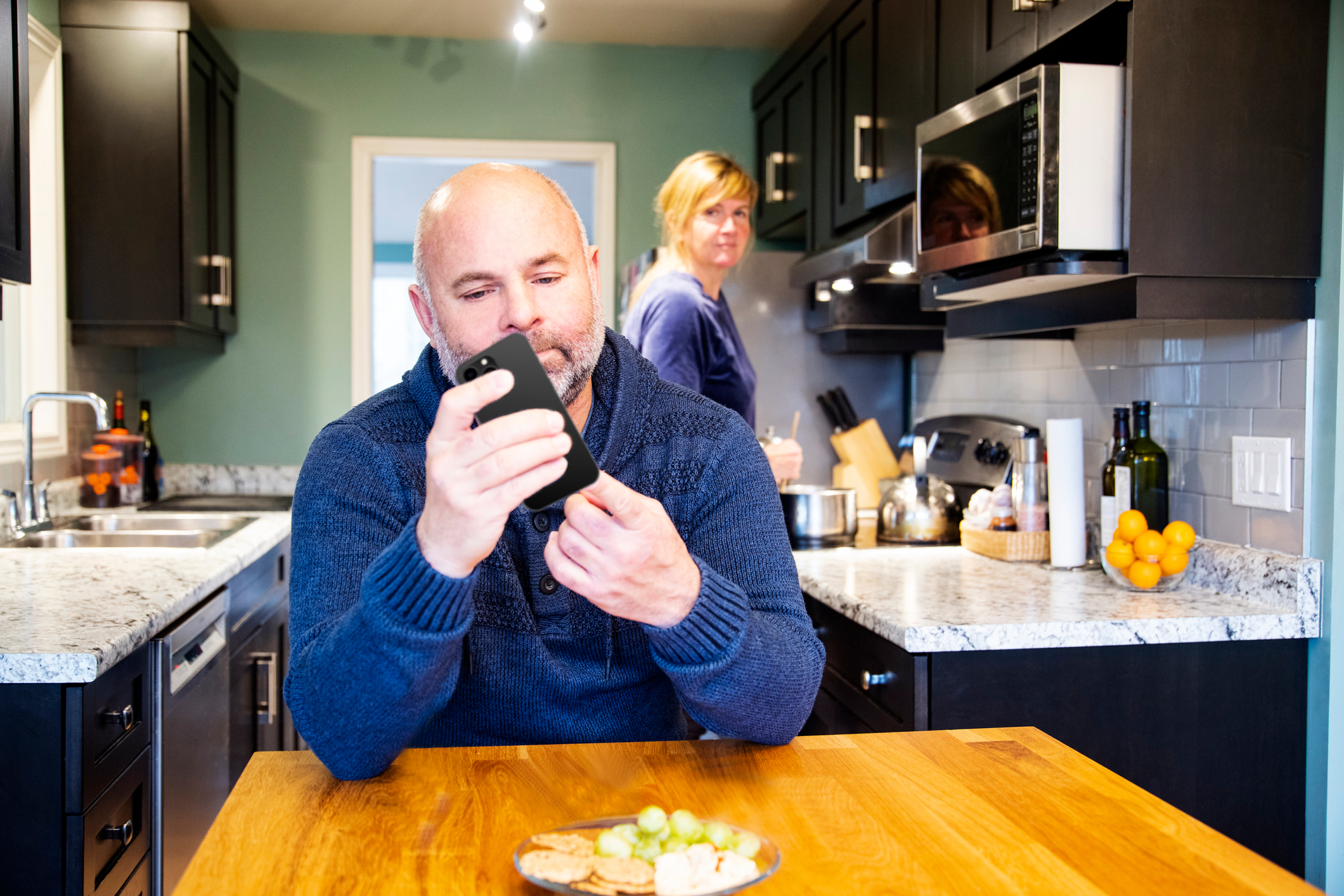
The first step to losing weight: be honest with yourself
The famous saying “out of sight, out of mind” applies perfectly to the way we think about our food, and our weight. Our power of denial is impressive, hindering our ability for meaningful long-term change. However, new technology now allows you to see through the deceit, take responsibility for what you eat, and support you in making the changes you decide.
Why do we lie to ourselves?
Many diets and weight loss attempts fail in part because of our ability to lie to ourselves.
Goals are missed because we make excuses for our behaviour, or remove events completely from our narrative. We hide from ourselves and others that we snuck a biscuit, that we ate a pack of crisps, that we had an extra helping.
But why do we do it if it’s so counterproductive?

For protection
It’s not malicious or even conscious — it’s just the way our brains are built. The ability to ‘forget’ that extra piece of cake is born from a desire to protect ourselves. Not just from the harsher realities of life or traumatic events, but also from unpleasant and inconvenient facts - like what is really stopping us from losing weight.
For reward
We are great at knowing that things are bad for us, and doing them anyway. Who hasn't eaten a bar of chocolate to give ourselves a bit of a mood uplift? Who hasn't treated themselves to something we know to be a little naughty at the end of a stressful week?
The reason these things make us feel better is because they cause the release of the hormone, dopamine. The same one we get from watching our team win a trophy, or after sex.
To fit in
We all know how it goes, you’re on a diet and a friend offers round the biscuits. “No, I shouldn’t,” you say, your resolve already wavering. “Oh, go on. You deserve it/they’re only small/just the one.” And that’s it, resolve is shattered and the biscuit is gone. Okay, biscuits - after all, one more won’t hurt.
Because it won’t happen to us
But what if that one more biscuit did hurt? What if we were told that it was that particular biscuit that tipped us into Type 2 diabetes, or caused our stroke? The short-term benefits of the brownie are great, and the potential negative consequences of it are in the unforeseeable and distant future.
What can we do about it?
To make effective changes to our lives, including to what we eat, we need to become conscious of our actions, take responsibility for changing them, and ask for support when we need it.

Seeing is believing
Until the advent of continuous glucose monitoring a few years ago, the food we put into our mouths essentially disappeared from view forever. We couldn’t see an immediate impact, so its effect on us was easily denied.
A continuous glucose monitor is a window into your body, letting you see exactly the impact of your food on the amount of sugar (glucose) in your blood. Any extra biscuits, pieces of cake or squares of chocolate will show themselves quickly, and prominently!
With the ability to hide taken away we can no longer lie to ourselves. Not being able to lie means we can begin to take responsibility for our actions, moderate our behaviour and start the journey to achieving our goals.